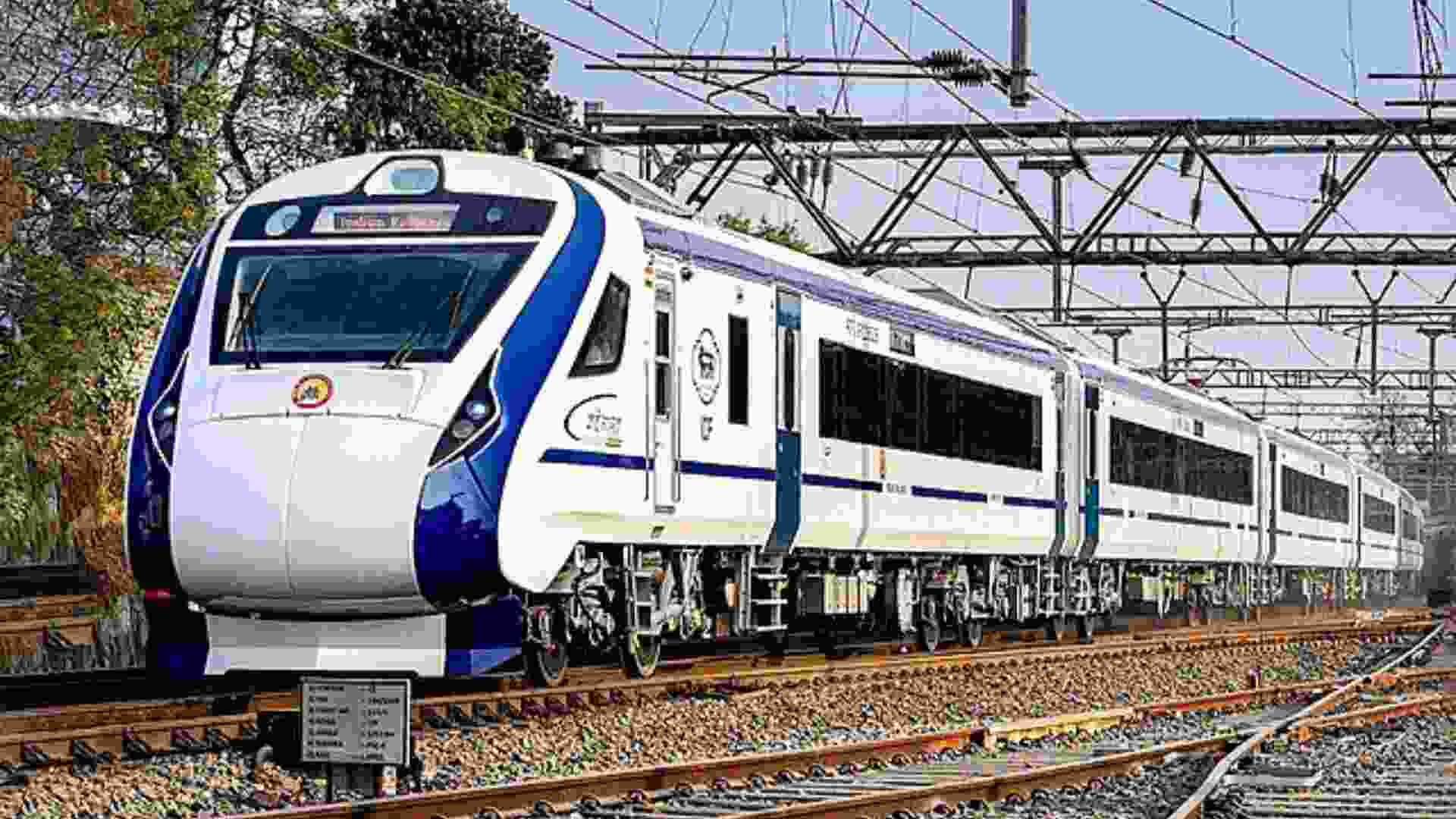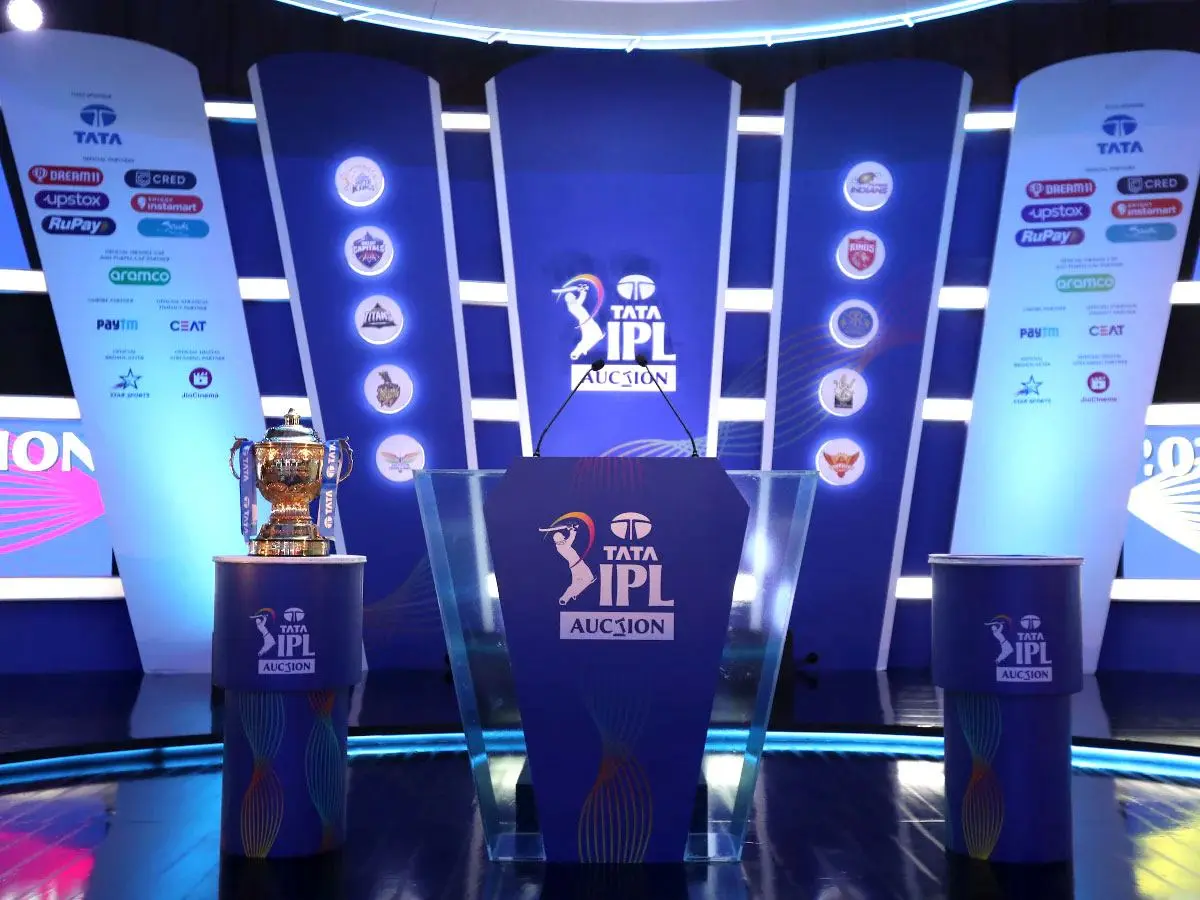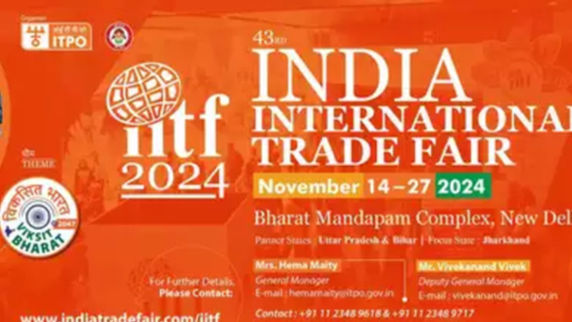
In a fiercely contested Jammu and Kashmir Assembly election, BJP’s Devender Rana emerged as the victor from the Nagrota segment with the highest margin, while PDP’s Rafiq Ahmad Naik secured a narrow win in Tral, marking the smallest margin of victory.
Rana, who previously won the Nagrota seat in 2014 under the National Conference (NC) banner, retained his hold on the constituency with a massive 30,472-vote lead, this time as a BJP candidate. His closest competitor, NC’s Joginder Singh, managed to secure only 17,641 votes. Rana’s victory reaffirmed his strong influence in the region, showcasing his political versatility as he switched parties yet continued to dominate.
Another notable win for the BJP came from AICC General Secretary Ghulam Ahmad Mir, who claimed a landslide victory with a margin of 29,728 votes. Close on his heels was Rana’s fellow defector, Surjit Singh Slathia, who triumphed in Samba by a margin of 29,481 votes. Their victories, along with five other BJP candidates who won by over 20,000 votes, underscore the party’s growing influence in the Union Territory.
For the NC, despite emerging as the single largest party with 42 seats in the 90-member assembly, only two candidates crossed the 20,000-vote margin. Irshad Rasool Kar secured the Sopore seat with a 20,356-vote lead, while Aijaz Ahmad Jan won the Poonch-Haveli seat by 20,879 votes.
Meanwhile, PDP’s Naik managed to scrape through in a tightly contested race for the Tral assembly seat, edging out his competitors by a mere 460 votes. Naik’s closest rival, Congress’ Surinder Singh Channi, garnered 10,250 votes, while NC rebel and AIP candidates followed closely behind in a fragmented race. This result reflected the increasingly divided nature of voter allegiance in this historically volatile region.
In Kishtwar, BJP’s Shagun Parihar also had a narrow win, defeating NC’s Sajad Kitchloo by 521 votes.














